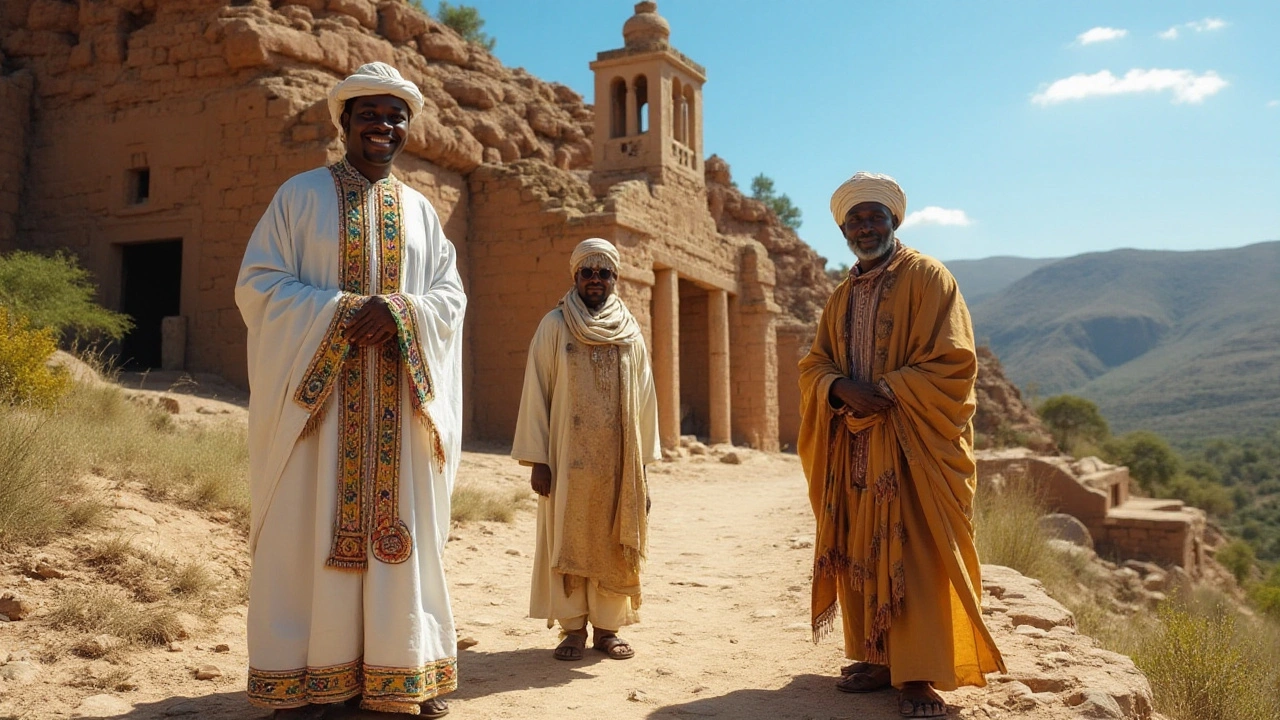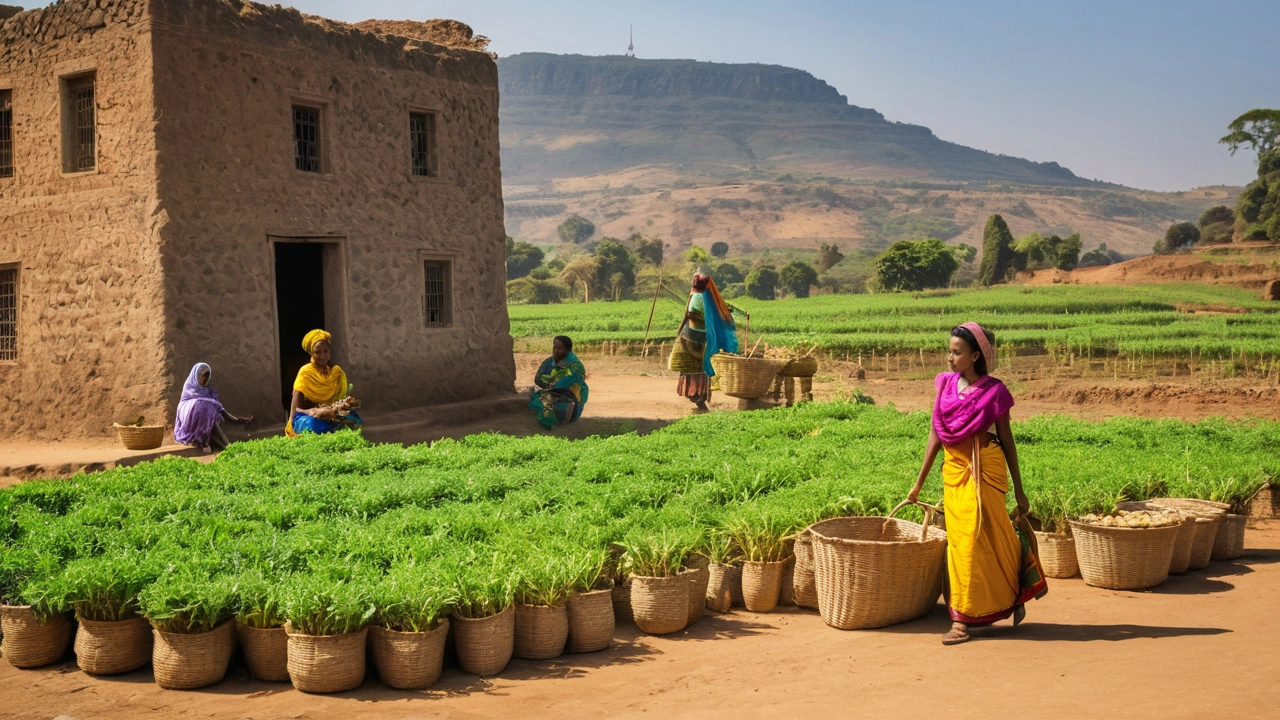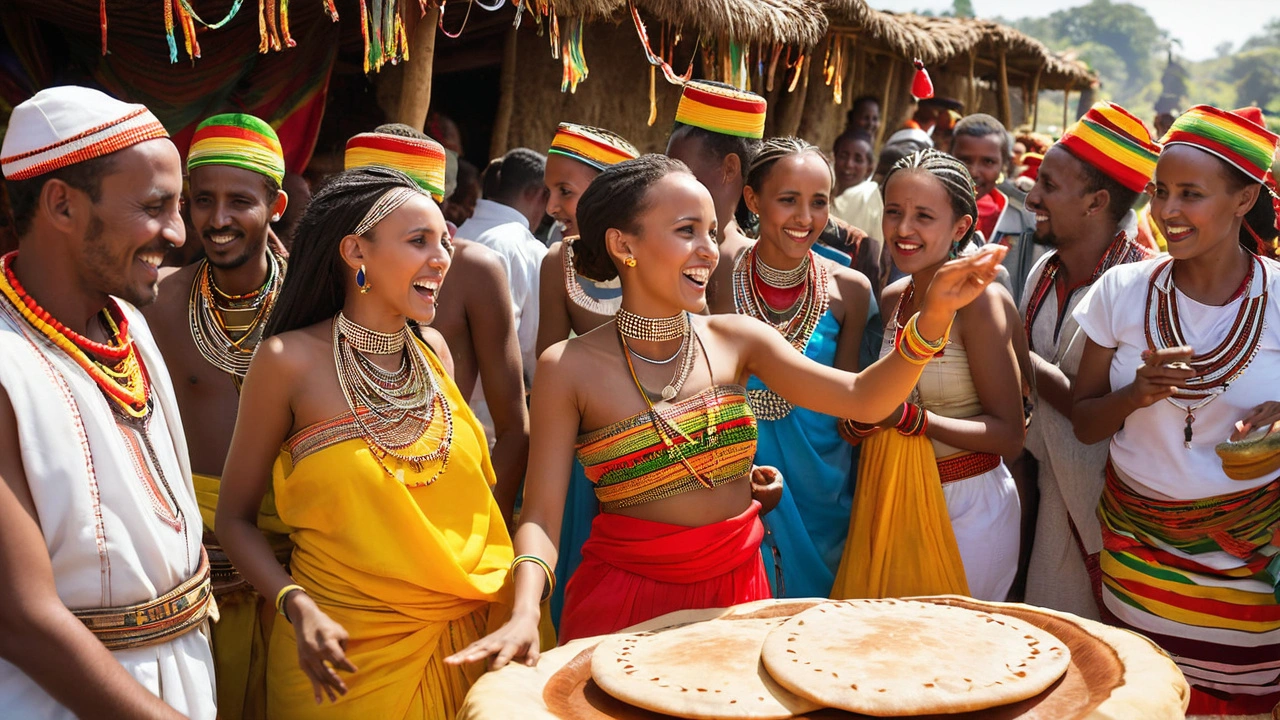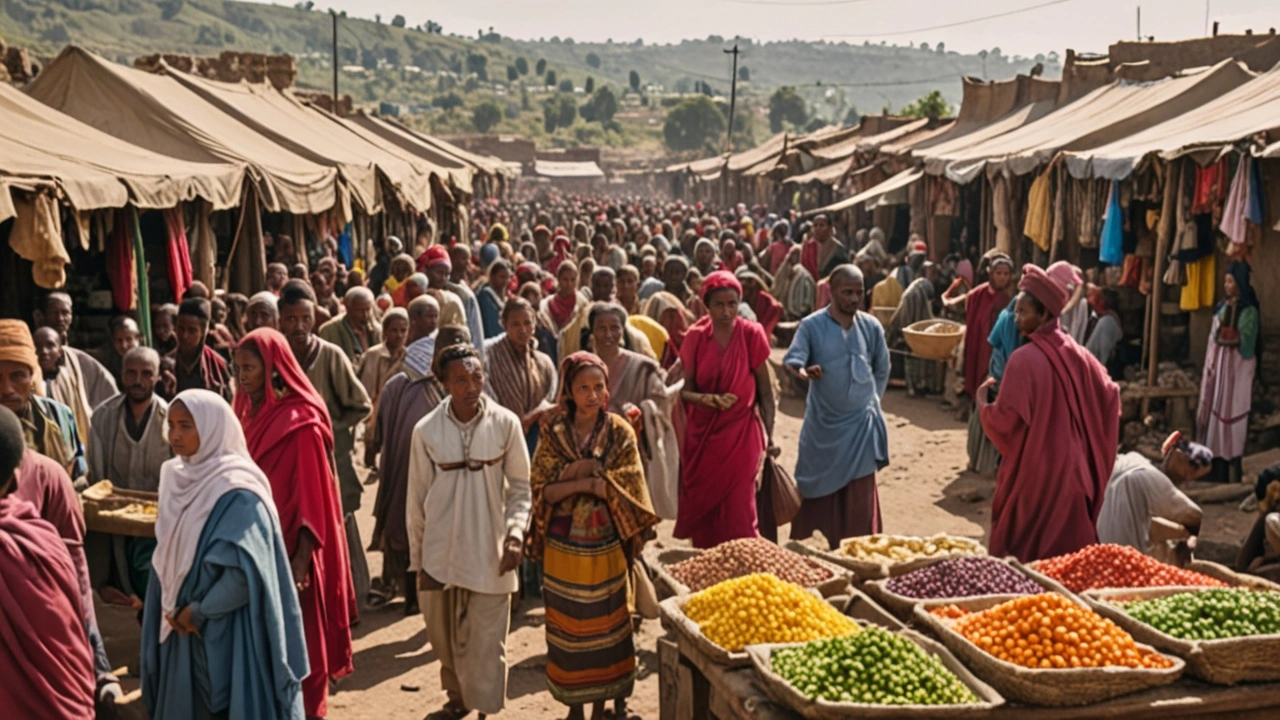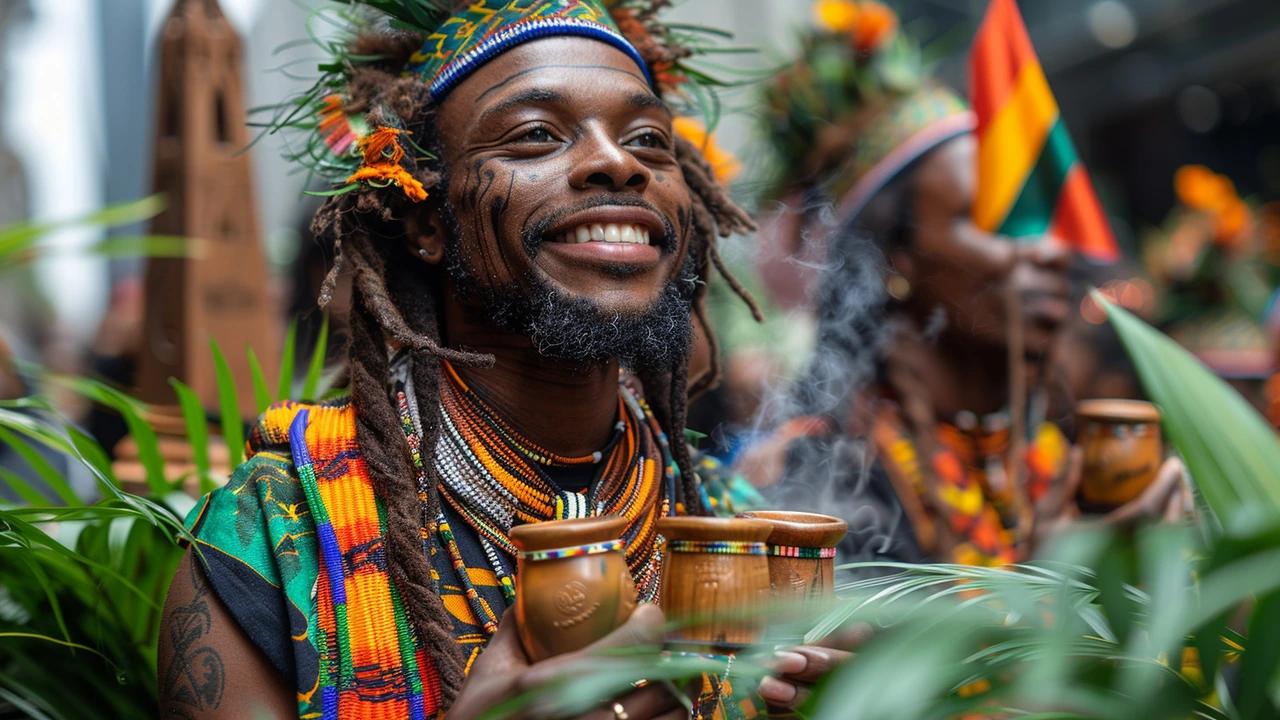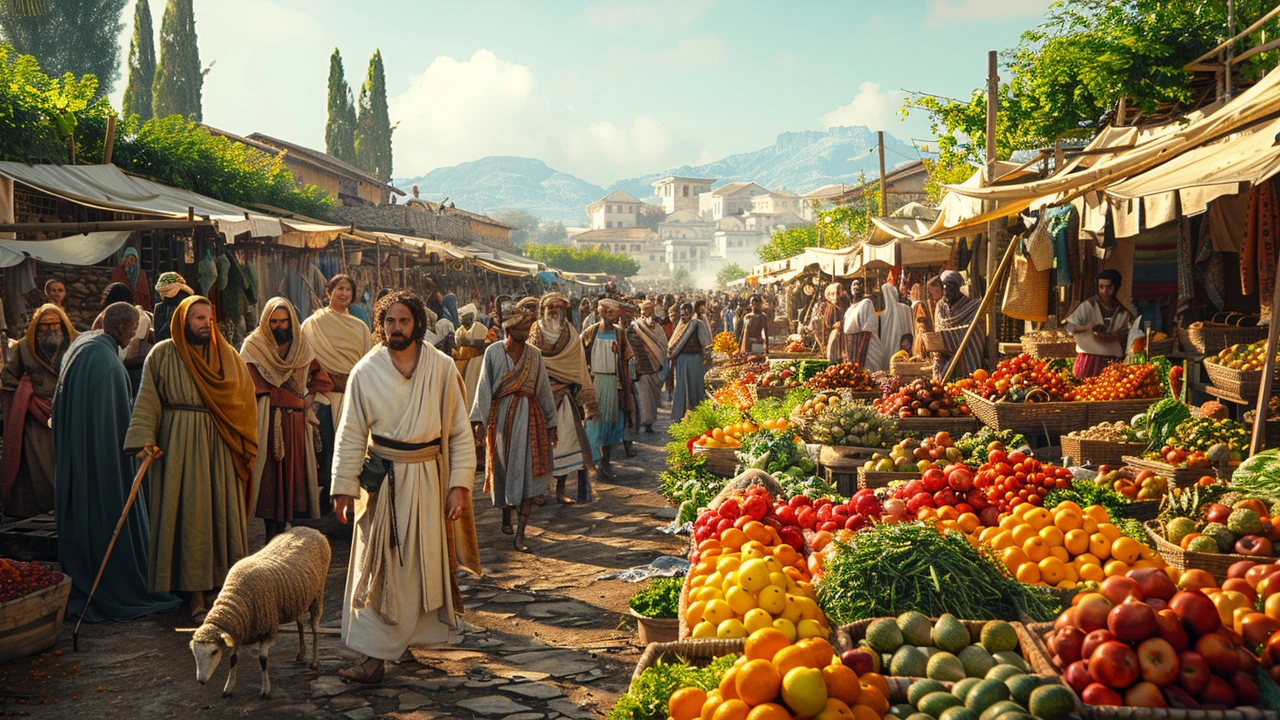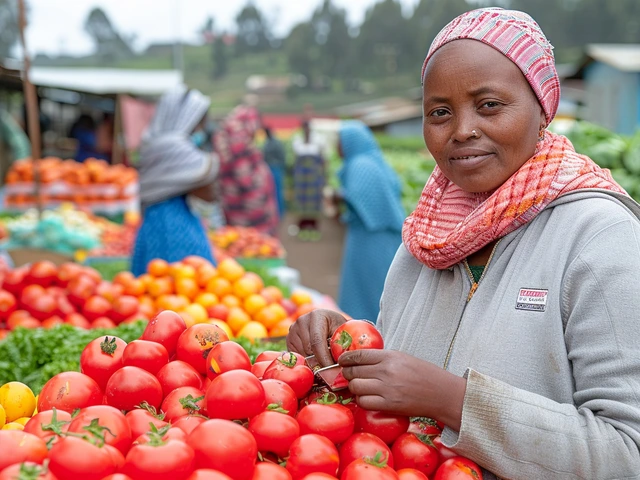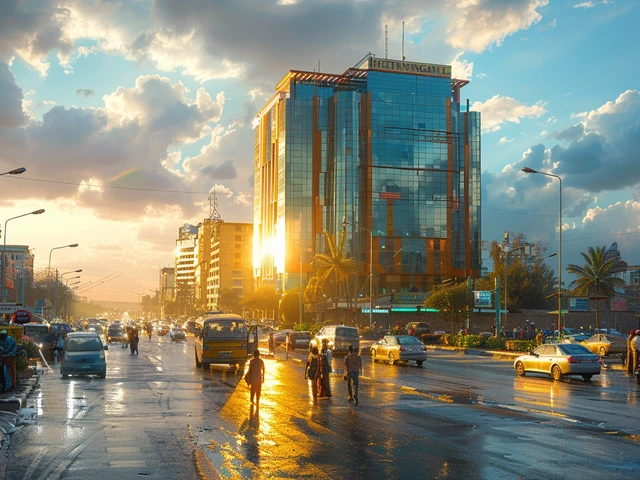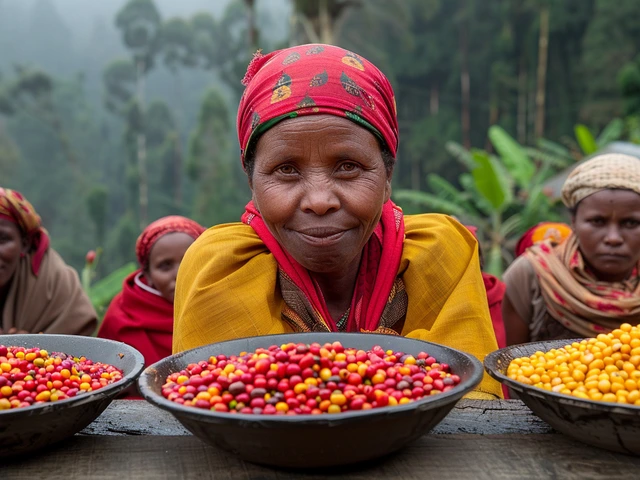Ethiopian Culture: How People Live, Work, and Celebrate
Think Ethiopia, and you picture colorful festivals, buzzing coffee ceremonies, and busy market streets. Culture here isn’t just what you see during holidays—it’s how people wake up, earn a living, and connect with each other. Ethiopia is home to dozens of ethnic groups, each adding their own food, music, and language to daily life.
Jobs in Ethiopia reflect this mix. In the city, you’ll see engineers, teachers, and shop owners hustling through their day. Head outside Addis Ababa, and farmers, traders, and weavers show a different side of daily work—one that’s deeply rooted in tradition. Agriculture still employs most Ethiopians, but modern jobs are growing fast in tech, tourism, and service industries. You can feel the energy in towns trying new things without leaving behind their roots.
Faith and religion shape almost every community. Christianity, Islam, and Judaism, the country’s top religions, influence everything from the weekly calendar (hello, fasting days!) to architecture and even slang. Churches carve stories into rock, mosques echo with prayer, and rituals blend ancient beliefs with everyday actions. No matter your faith, you’ll notice how religion isn’t just private—it’s woven into the way people celebrate or mourn, get married, or name a newborn.
Ask anyone about festivals, and you’re in for a treat. Meskel, Timkat, and Eid fill streets with songs, parades, and family gatherings. Ethiopians take pride in sharing their culture with neighbors, so don’t be surprised if you’re invited for injera, coffee, and hours of conversation. Food itself is a celebration—spicy stews, freshly baked bread, and endless cups of coffee are how folks relax and connect.
Language is another part of the cultural puzzle. While Amharic is the official tongue, languages like Oromo, Tigrigna, Somali, and Afar are part of daily chatter, school, and even local business. It’s not just about communication—it’s about expressing identity and keeping traditions alive.
When it comes to wealth and status, things vary widely among ethnic groups. Some have a history of working in trade and business, others in farming or crafts. Traditions around work and money often go hand-in-hand with local customs, shaping how communities grow and deal with change.
History is everywhere in Ethiopia. Whether you’re talking about ancient rock-hewn churches, the legend of the Queen of Sheba, or athletic achievements like Olympic gold medals, Ethiopians know how to celebrate their wins—big or small. The mix of pride, resilience, and creativity is clear in music, dance, and even the way people dress.
Ethiopian culture isn’t stuck in the past, though. Cities buzz with young entrepreneurs and artists who mix old stories with new dreams. Every day, people juggle family traditions, religion, and modern life, proving that culture here is about adapting while staying true to what makes them unique.
